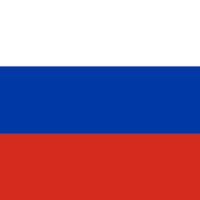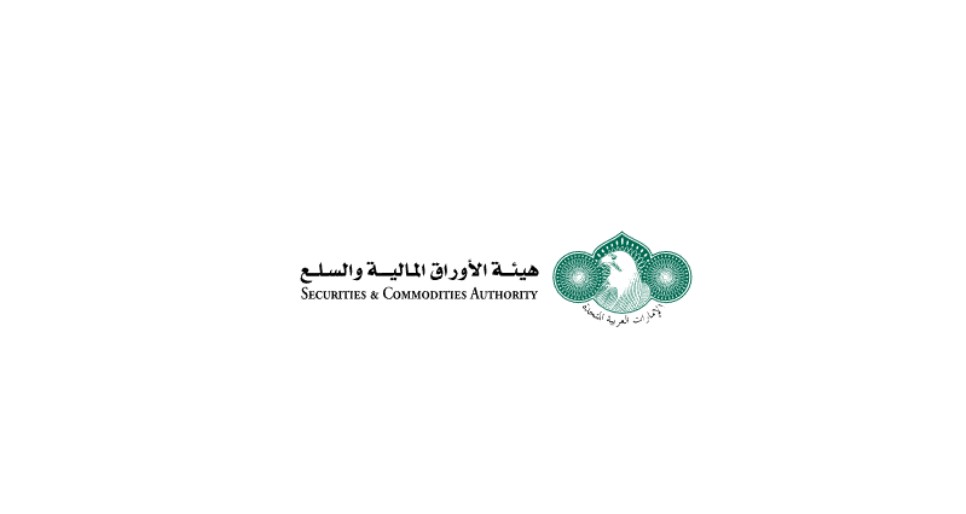Bank of Russia restarts open FX trading to support ruble
The central bank said open trading would begin on January 13, with a one-day settlement term. It said it would buy and sell FX on the market in order to minimise the effect that trading had on the ruble’s exchange rate volatility.
The central bank said open trading would begin on January 13, with a one-day settlement term. It said it would buy and sell FX on the market in order to minimise the effect that trading had on the ruble’s exchange rate volatility.
Several observers said the move reflects Russia’s growing dependence on Chinese purchases of its oil exports, the state’s most important source of revenue. Sanctions in response to Russian’s invasion of Ukraine have been significantly tightened in recent weeks.
On January 9, finance minister Andrei Siluanov announced deep cuts in the country’s latest budget, of one-fifth in Russian infrastructure investment, along with more cuts to education and health spending.
Siluanov estimated that the Russian economy contracted by 2.7% in 2022, forecasting that the government would run a deficit of 2% this year. It ran a surplus in 2022, largely due to high oil revenues.
In December, the G7 nations imposed a price cap on Russian oil and prepared to ban the sale of oil-based products from February. Russia has said it will end oil exports to all countries participating in the price cap from February 1.
It also said it will cut its overall production of the fuel. Russia is likely to struggle to make up exports elsewhere, as it has limited shipping of its own.
The largely state-owned oil and gas industry made massive profits during 2022 as demand for its products rose amid anxiety over sanctions. Alexandra Prokopenko, an analyst of the Russian economy, estimated that the state’s oil and gas revenues may fall by up to one-third this year.
The largely state-owned oil and gas industry made massive profits during 2022 as demand for its products rose amid anxiety over sanctions. Alexandra Prokopenko, an analyst of the Russian economy, estimated that the state’s oil and gas revenues may fall by up to one-third this year.
Reuters reported that Chinese buyers had responded to the sanctions by demanding lower prices for Russian oil. In September, the finance ministry announced that it would send all revenues earned from oil above $63 per barrel to Russia’s sovereign fund.
Russian Urals grade crude is trading at around $40 per barrel, according to figures from energy specialist Argus. That puts its price at around half that of North Sea Brent crude oil.























































First, please LoginComment After ~